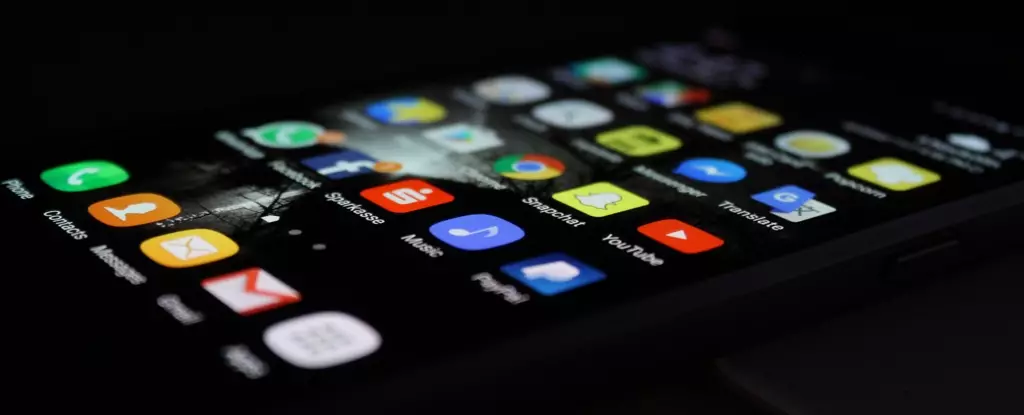Smartphones have become an essential part of our daily lives, and their battery life is a constant concern. As a result, the topic of whether overnight charging harms the battery has sparked an ongoing debate. In this article, we will delve into the factors that affect a phone battery’s lifespan and uncover the truth behind overnight charging.
The lifespan of a phone battery depends on various factors, including its manufacturing age and chemical age. Chemical age refers to the gradual degradation of the battery caused by factors like temperature fluctuations, charging patterns, and overall usage. Over time, the chemical aging of lithium-ion batteries leads to a reduction in charge capacity, battery lifespan, and performance.
According to Apple, a normal iPhone battery is designed to retain up to 80% of its original capacity at 500 complete charge cycles under normal conditions. Research from 2019 suggests that a smartphone battery can undergo an average of 850 full charge/discharge cycles before dropping to below 80% capacity. This means that after two to three years of use, only 80% of the initial battery capacity remains, and the battery begins to deplete noticeably faster.
Contrary to common belief, charging your phone overnight is not only unnecessary but also accelerates battery aging. Full charging cycles, going from 0% to 100%, should be avoided to maximize your battery’s lifespan. Samsung warns that charging your battery up to 100% too frequently may negatively impact its overall lifespan, and the same applies to keeping iPhones at full charge for extended periods. Instead, it is recommended to charge your battery up to 80% and not allow it to dip under 20%.
While lithium-ion batteries can technically be overcharged, most modern phones come equipped with built-in protection mechanisms that automatically stop the battery from charging beyond 100%. This prevents any damage from overcharging, such as battery overheating and the risk of fire. However, when a battery drops to 99% due to background apps, it enters a state known as “trickle charging” to maintain a fully charged state. Although trickle charging is regulated by features in many phone models, it can wear down the battery over time.
Although it is highly unlikely that your smartphone will explode as a result of charging, there have been reported cases of unexpected explosions. These incidents are usually caused by manufacturing faults, poor-quality hardware, or physical damage. To minimize the risk of overheating and potential fires, it is crucial to use the correct, high-quality charger and cable provided by the manufacturer. Operating your phone within the recommended temperature range of 0°C to 40°C is also essential to prevent battery expansion or fires.
While modern smartphones come with in-built safety mechanisms to protect the battery, taking a cautious approach can further extend its lifespan. It is advisable to avoid overnight charging, opt for charging up to 80% instead of reaching a full 100%, and not allowing the battery to drop below 20%. Additionally, utilizing features like Apple’s functionality to delay charging past 80% or Samsung’s option to cap the charge at 85% can help regulate battery usage and improve longevity.
Overnight charging can have detrimental effects on the lifespan and performance of your smartphone battery. By understanding the factors that contribute to battery aging and following best practices, you can maximize the longevity of your battery and enjoy reliable performance for years to come. Remember to charge your battery to a reasonable percentage, avoid full charging cycles, and prioritize safety by using the correct charger and operating within the recommended temperature range.


Leave a Reply